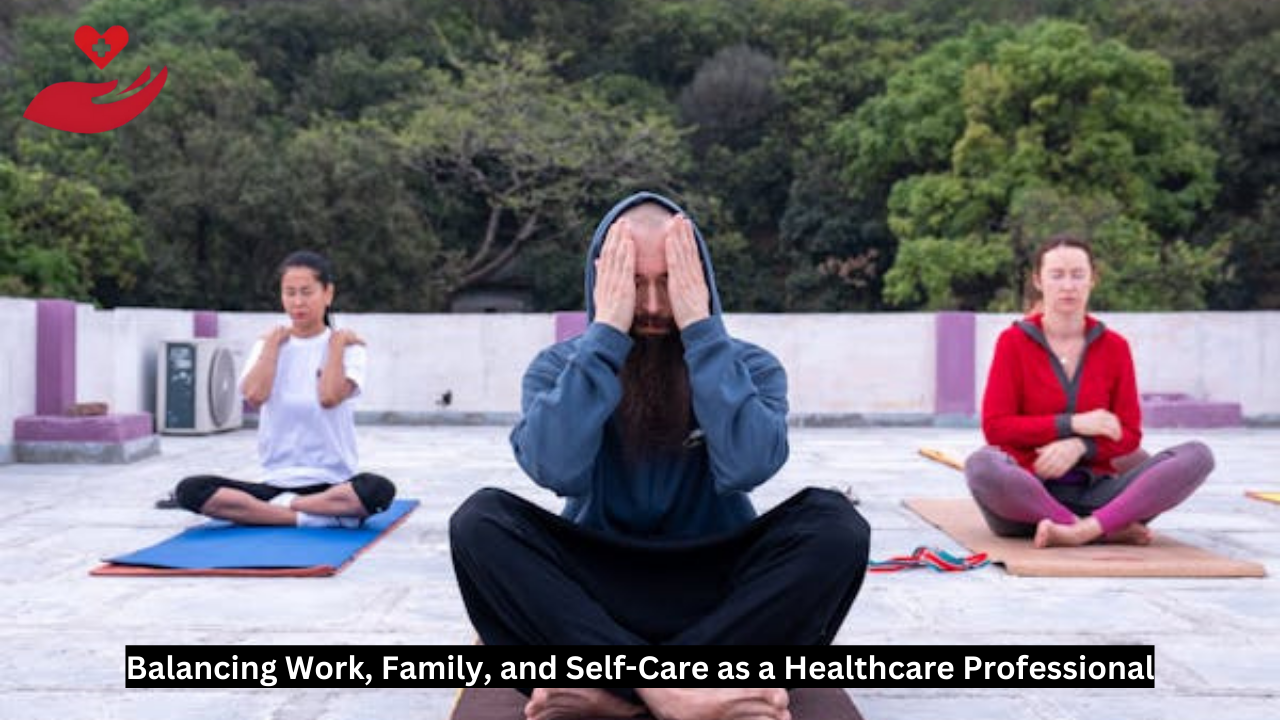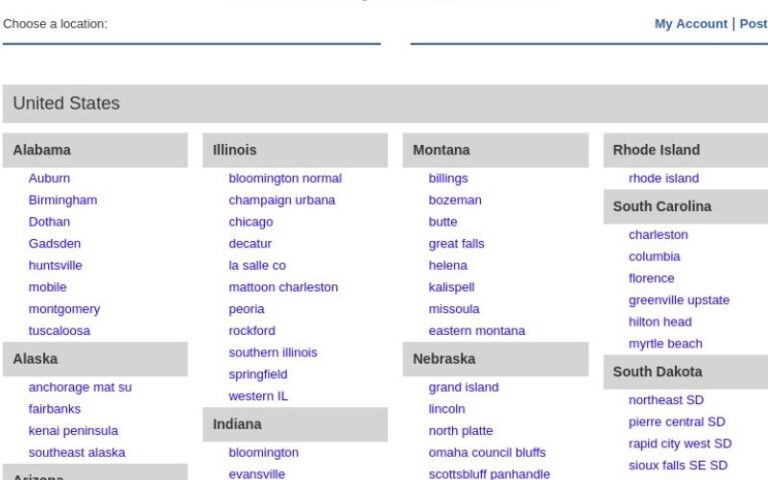There are more than 14.7 million healthcare professionals in the United States. These individuals work tirelessly to provide quality care to their patients, often facing long hours, high stress levels, and emotional exhaustion. With such demanding jobs, it can be challenging for healthcare professionals to find a balance between work, family, and self-care.
This juggling act can easily lead to burnout or neglect of self-care. However, maintaining a healthy balance is essential for their success and happiness.
This post will explore strategies for healthcare workers to stay grounded while thriving in all aspects of life, ensuring professional success and personal fulfillment.
The Unique Challenges of Healthcare Professionals
Healthcare professionals are known for their dedication and long hours (12-16 hours shifts or more). However, the particular difficulties they encounter in juggling their personal and professional lives sometimes are too much to handle.
An NCBI study shows that nearly 91% of nurses report high levels of burnout. This often leads to emotional exhaustion, a decreased sense of personal accomplishment, and even physical health issues.
With demanding schedules, emotional tolls from patient care, and the ongoing need for continued education, healthcare workers can struggle to find time for self-care. Plus, they may struggle heavily to maintain a healthy work-life balance.
Strategies to Stay Grounded
These are a few practical ways that assist medical professionals in staying grounded and finding balance in their lives:
Prioritize Time Management
Many healthcare professionals do not get enough sleep. This leads to an unbalance of work, family, and personal goals. Burnout and other ailments may follow from this. Healthcare workers should make time management a top priority to prevent this. This includes setting realistic goals and boundaries for work hours, scheduling breaks throughout the day, and making time for personal activities that bring joy.
Tip: Use digital tools like Google Calendar or Todoist to allocate time slots for all aspects of life.
Invest in Self-Care Practices
Neglecting self-care is common but harmful. Recharging requires mindfulness exercises like meditation, a healthy diet, and physical activity. The WHO recommends at least 2.5 hours of moderate-intensity exercise weekly. Exercises like walking, cycling, and yoga are great options for busy healthcare professionals. They help the body and mind cope with stress, boost immunity, and prevent burnout without taking up too much time.
If physical exercises are not feasible, try breathing exercises, meditation, or yoga to relax the mind and reduce tension. As noted in a Fortune Well article, meditation can show results within eight weeks. Just 13 minutes of meditation every day for eight weeks straight can show significant improvements. So, take the help of apps like Headspace that offer guided meditation. Make a conscious effort to prioritize self-care, and you’ll see the positive impact it has on your overall well-being.
Tip: Prioritize self-care like you would any other important task, and schedule it into your daily routine.
Strengthen Family Connections
Healthcare professionals often miss family events or quality time due to their demanding schedules. Maintaining open communication and planning intentional family activities can help bridge these gaps.
For example, dedicating specific times for family interactions, such as weekly dinners or vacations, can improve relationships and reduce feelings of isolation. Prioritizing these moments ensures that healthcare professionals stay connected with loved ones despite the challenges of their profession.
Tip: Make an effort to communicate regularly with family members, even if it’s just a quick phone call or text message. Plan activities that allow for quality time and create lasting memories.
Lifelong Learning as Self-Care
Beyond physical and mental well-being, personal and professional growth is equally important. Continuous learning empowers healthcare workers to broaden their knowledge and remain abreast with market trends.
Here’s where flexible programs come into play. One such program is the Family Nurse Practitioner (FNP) online program. FNP online programs enable healthcare workers to advance their careers without compromising work or personal responsibilities.
These programs allow nurses to balance education with existing duties, fostering both career advancement and work-life integration. Flexibility is key, as online programs let professionals tailor study schedules around their lives. This makes learning less stressful and more accessible.
If you’re unsure about choosing FNP as a career, then you can refer to online resources for help. For instance, Cleveland State University has a detailed guide on its website. The guide dives into the job duties, salary expectations, and growth outlook for FNPs.
It also gives detailed information on FNP online programs, including program length, admission requirements, and curriculum. This guide is a valuable resource for those considering the FNP field and balancing their career and personal responsibilities.
For More Visit Health Gossips
Frequently Asked Questions
How can healthcare professionals manage burnout effectively?
Healthcare professionals often face burnout due to emotional and physical exhaustion from long hours and high-pressure environments. It’s important to practice self-care by taking regular breaks, engaging in relaxation techniques, and maintaining a healthy work-life balance to manage burnout. Seeking support from peers, therapists, or support groups can also provide relief. Establishing boundaries, when possible, helps mitigate the constant pressure healthcare professionals experience.
What are some strategies for maintaining family connections while working in healthcare?
Working in healthcare often means missing out on family time, but maintaining strong family connections is key to overall well-being. Scheduling intentional family time, even if it’s just a phone call or weekend outing, can make a big difference. Open communication with loved ones about work schedules ensures they understand the demands. Together, you can find ways to nurture your relationship despite a busy career.
How can time management help healthcare professionals achieve a better work-life balance?
Time management is essential for healthcare professionals to maintain a healthy work-life balance. By prioritizing tasks, setting clear boundaries, and planning ahead, it’s easier to find time for both work and personal life. Allocating specific time slots for self-care, family, and leisure activities can help reduce stress and avoid burnout. Staying organized and using tools like calendars or planners also aids in achieving a balanced routine.
Balancing work, family, and self-care is a delicate but essential task for healthcare professionals. By prioritizing time management, self-care, and family connections, healthcare workers can sustain both their professional success and personal well-being.
Embracing lifelong learning and integrating healthy habits into daily routines will help them stay grounded and perform at their best. With the right strategies, healthcare professionals can thrive in all aspects of their demanding careers.








